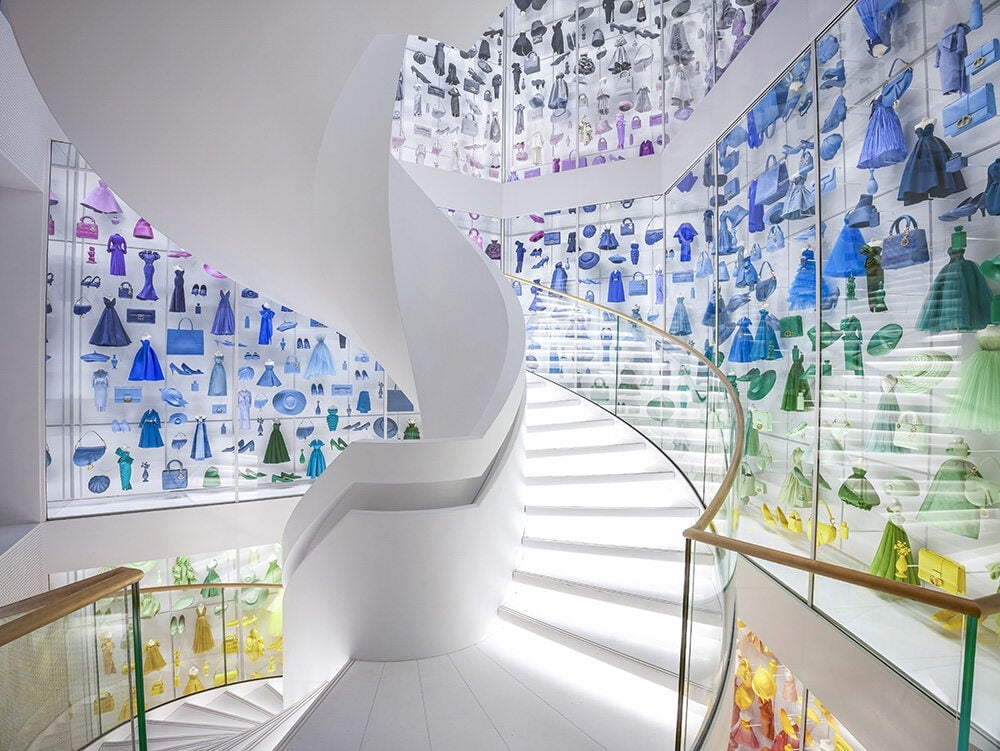LVMH is shrugging off record-high inflation and war
US inflation may be the highest it’s been in decades, and Europe in the midst of a bloody conflict, while in China, tens of millions of people remain in lockdown. But for LVMH, the purveyor of Dior bags and fine cognac, business is booming.


US inflation may be the highest it’s been in decades, and Europe in the midst of a bloody conflict, while in China, tens of millions of people remain in lockdown. But for LVMH, the purveyor of Dior bags and fine cognac, business is booming.
The French company reported strong first quarter results, beating estimates on Apr. 12. Its revenue totaled 18 billion euros, up 29% compared to the same time last year. Growth continued to be led by its star brands Louis Vuitton and Dior, although management noted that most of its labels (with the exception of its duty free arm, DFS) were doing well.
Here’s why the luxury conglomerate has remained mostly unscathed:
How is Russia’s Ukraine invasion affecting the luxury industry?
LVMH’s business has largely escaped the effects from the conflict, mainly because both Ukraine and Russia are tiny markets for its brands. Russia only accounts for around 1% of its global business, per Morgan Stanley luxury analyst Edouard Aubin.
And although Russia supplies much of the world’s rough diamonds, the company said it hasn’t had any problems finding other sources for its jewelry brands like Bvlgari.
“It’s perfectly doable in a reasonably short time frame,” said LVMH Group CEO Jean-Jacque Guiony on the earnings call.
How LVMH is handling inflation
As inflation rates climb around the world, the company has been making its goods more expensive “in a fairly meaningful way”, said Guiony. LVMH upped prices for most of its brands, including most recently at Louis Vuitton, by the mid-single digits, he added. The company expects to implement more hikes in the coming months too.
This is in step with price multiple increases at Chanel and a big jump at Kering-owned Bottega Veneta, both of which now sell bags at around the $10,000 mark, a distinction that had mainly been reserved for Hermès.
Despite LVMH’s higher prices, Guiony noted that its affluent customer base hasn’t pushed back. “We have not noticed any meaningful price elasticity when increasing prices. It’s not something that you can observe in a very scientific way, but we think there is no particular price elasticity,” he said.
China covid lockdowns
While it’s still too early to assess the full impact of lockdowns in China, particularly in Shanghai, the company isn’t worried about it in the long term. LVMH said sales will take a hit in the second quarter, but it expects people to start shopping again once the lockdown lifts. If early pandemic 2020 performance was any indication, its brands could even see another bout of “revenge spending“, management said.